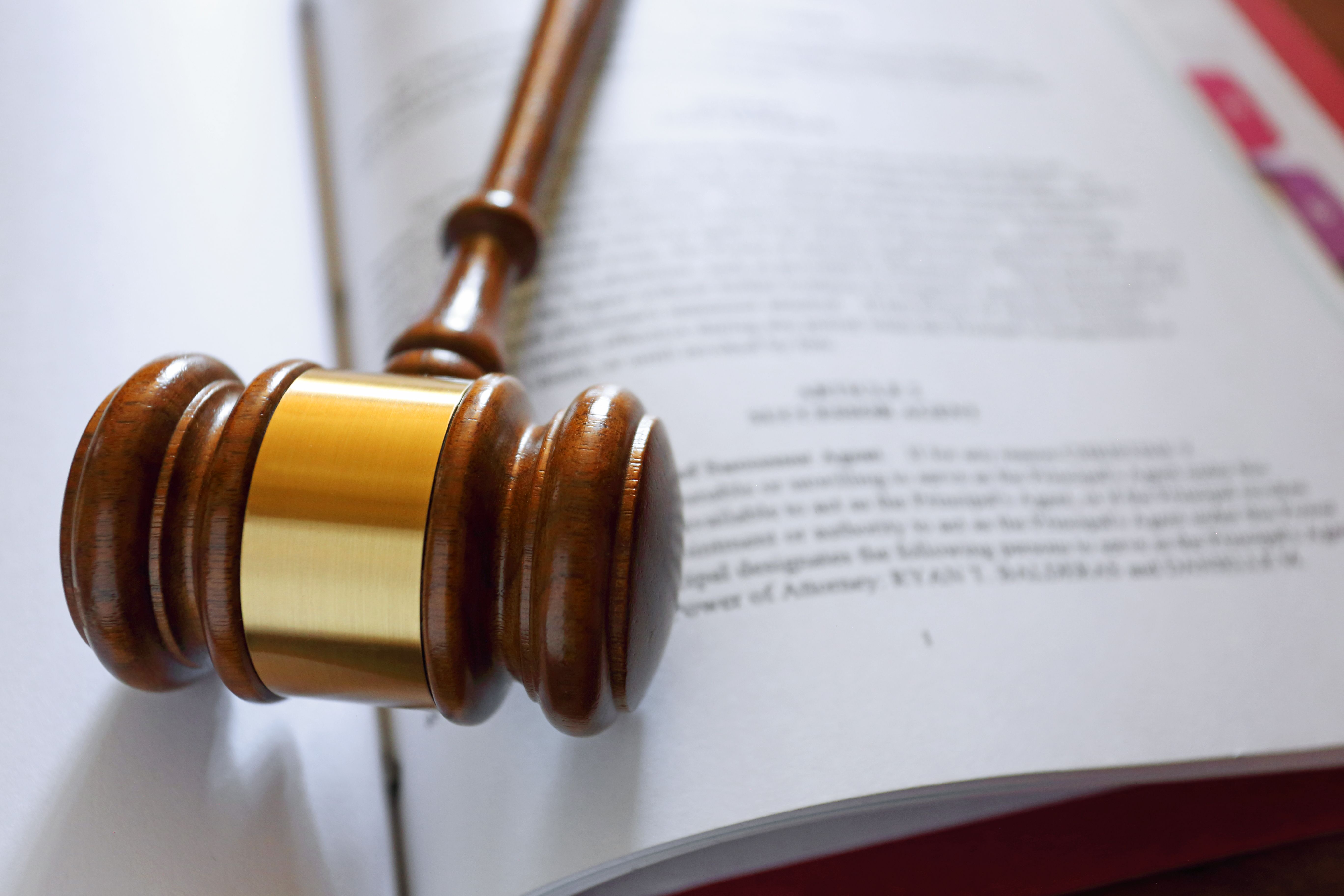Understanding the Legal Due Diligence Process
FX
What is Legal Due Diligence?
Legal due diligence is a crucial process in business transactions, particularly in mergers and acquisitions. It involves a comprehensive review and analysis of a company’s legal affairs to identify potential risks and ensure informed decision-making. This process helps in evaluating whether the investment or acquisition aligns with the strategic goals and risk tolerance of the involved parties.
The scope of legal due diligence can vary depending on the nature of the transaction and the industry involved. Common areas of focus include contracts, litigation, compliance, intellectual property, and employment issues. Conducting thorough legal due diligence can provide valuable insights that influence negotiations and final agreements.

The Importance of Legal Due Diligence
Engaging in legal due diligence is vital for several reasons. Firstly, it helps in identifying any hidden liabilities or legal issues that could impact the value of the transaction. Secondly, it ensures compliance with relevant laws and regulations, thereby avoiding future legal complications. Lastly, a well-conducted due diligence process can provide leverage in negotiations, leading to more favorable terms.
By uncovering potential risks early on, companies can develop strategies to mitigate them or decide against pursuing the transaction if the risks outweigh the benefits. In essence, legal due diligence acts as a safeguard, protecting both parties from unforeseen legal challenges.
Key Steps in the Legal Due Diligence Process
The legal due diligence process typically involves several key steps:
- Preparation: This initial phase involves gathering preliminary information about the target company and defining the scope of the due diligence.
- Data Collection: Collecting relevant documents and information related to contracts, corporate structure, licenses, and more.
- Analysis: Reviewing and analyzing the collected data to identify potential legal risks and issues.
- Reporting: Compiling a comprehensive report that outlines findings and provides recommendations for moving forward.

Challenges in Conducting Legal Due Diligence
Conducting legal due diligence can be challenging due to several factors. One common challenge is accessing all necessary information, as some data may be sensitive or confidential. Additionally, time constraints can pressure teams to complete due diligence quickly, potentially leading to oversight.
Another challenge is interpreting complex legal documents and agreements accurately. This requires expertise and experience to ensure that no critical details are overlooked. Moreover, cross-border transactions can introduce additional complexities due to differing legal systems and regulations.
The Role of Technology in Legal Due Diligence
Technology plays an increasingly important role in streamlining the legal due diligence process. Advanced software tools can assist in managing large volumes of data and documents efficiently. These tools often include features such as automated document review, data analytics, and collaboration platforms, which enhance accuracy and productivity.
Moreover, the use of artificial intelligence in document analysis can expedite the identification of key clauses and potential risks. By leveraging technology, companies can conduct more thorough due diligence while saving time and resources.

Best Practices for Effective Legal Due Diligence
To ensure a successful legal due diligence process, it is essential to follow best practices. Start by assembling a skilled team of legal professionals with relevant industry experience. Clearly define the objectives and scope of the due diligence to maintain focus and efficiency.
Regular communication between all parties involved is crucial to address any issues promptly. Additionally, maintaining detailed records throughout the process will aid in tracking progress and making informed decisions. By adhering to these best practices, companies can enhance the effectiveness of their legal due diligence efforts.
Conclusion
Understanding the legal due diligence process is fundamental for any business transaction involving significant investment or acquisition. By thoroughly assessing potential risks and liabilities, companies can make informed decisions that align with their strategic objectives. As technology continues to evolve, leveraging advanced tools will further enhance the efficiency and accuracy of this crucial process.
